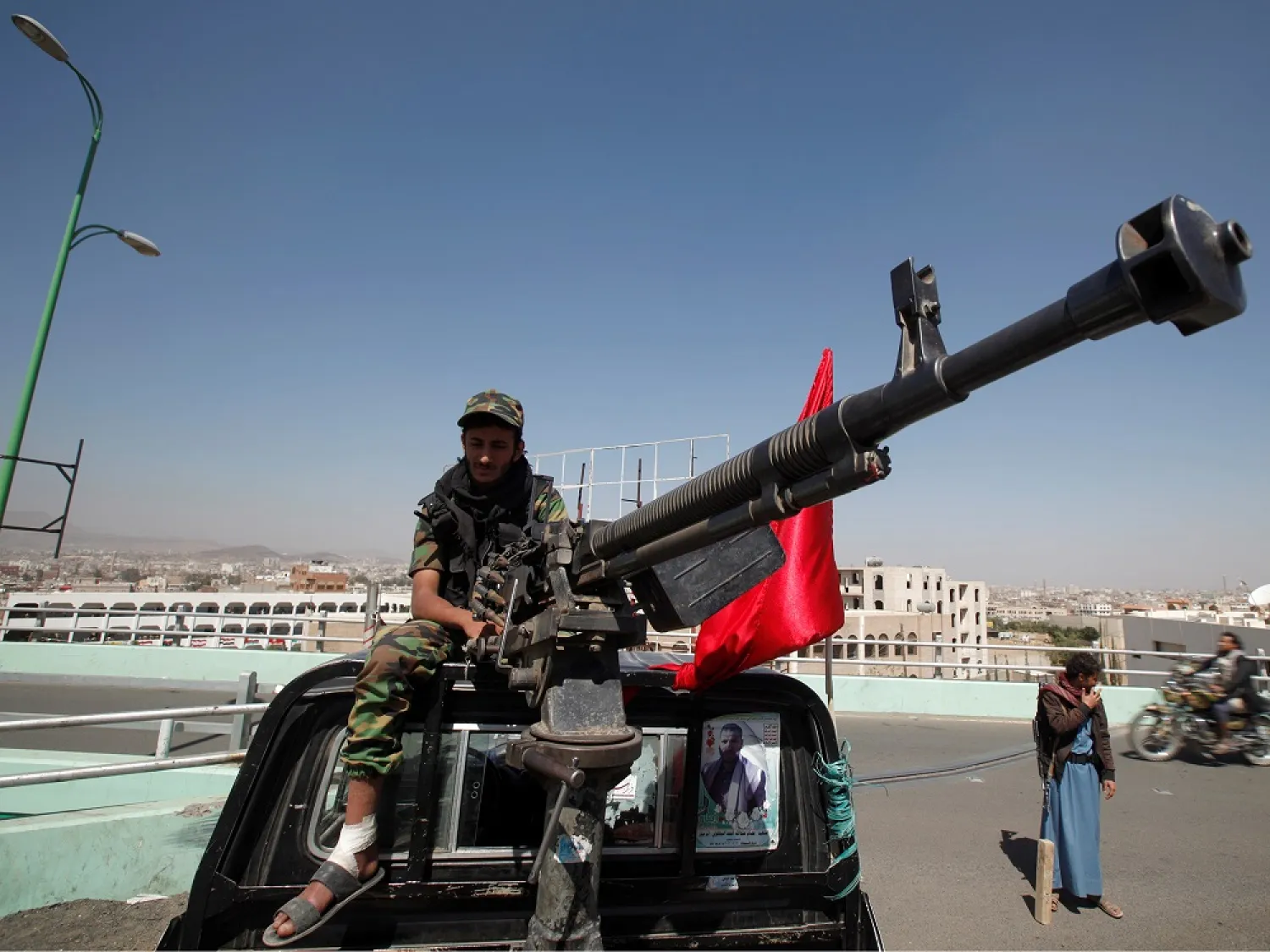Saudi Arabia’s air defense forces intercepted a ballistic missile from Yemen in northeastern Riyadh on Saturday night. The missile did not cause any major damage.
Spokesman for the coalition forces in support of legitimacy in Yemen Colonel Turki al-Maliki said that at 8:07 pm a rocket was fired from within the territory of Yemen towards the Kingdom.
Maliki said that the rocket was aimed at the capital of Riyadh and was launched indiscriminately and absurdly to target the civilian and populated areas, where it was intercepted and the fragments fell in an uninhabited area east of King Khalid International Airport.
There were no injuries thankfully to anyone, he said.
Maliki said that this hostile and indiscriminate action by the Houthi militia proves the involvement of one of the countries of the region in sponsoring terrorism, supporting the Houthi militia with qualitative capabilities in clear and explicit challenge to violate the UN resolution (2216) in order to threaten the security of Saudi Arabia and other regional and international countries. He also said that the launching of ballistic missiles towards populated cities and villages violates international law.
The Saudi Civil Aviation Authority said that air traffic was not disrupted because of the failed attack.
Most of the main roads in Riyadh witnessed normal traffic shortly after the missile was intercepted.
The King Fahd Road north of Riyadh and the Makkah road (Khurais) witnessed normal activities of citizens, while civil defense vehicles were at the site where the missile was launched.
No casualties were reported and no buildings were damaged in the attack.
Maliki said that the Houthis had fired about 77 ballistic missiles at Saudi Arabia since the war in Yemen began on March 26, 2015.
This provoked Muslims around the world, especially that a number of these missiles targeted Makkah, which is at the heart of Islam.









